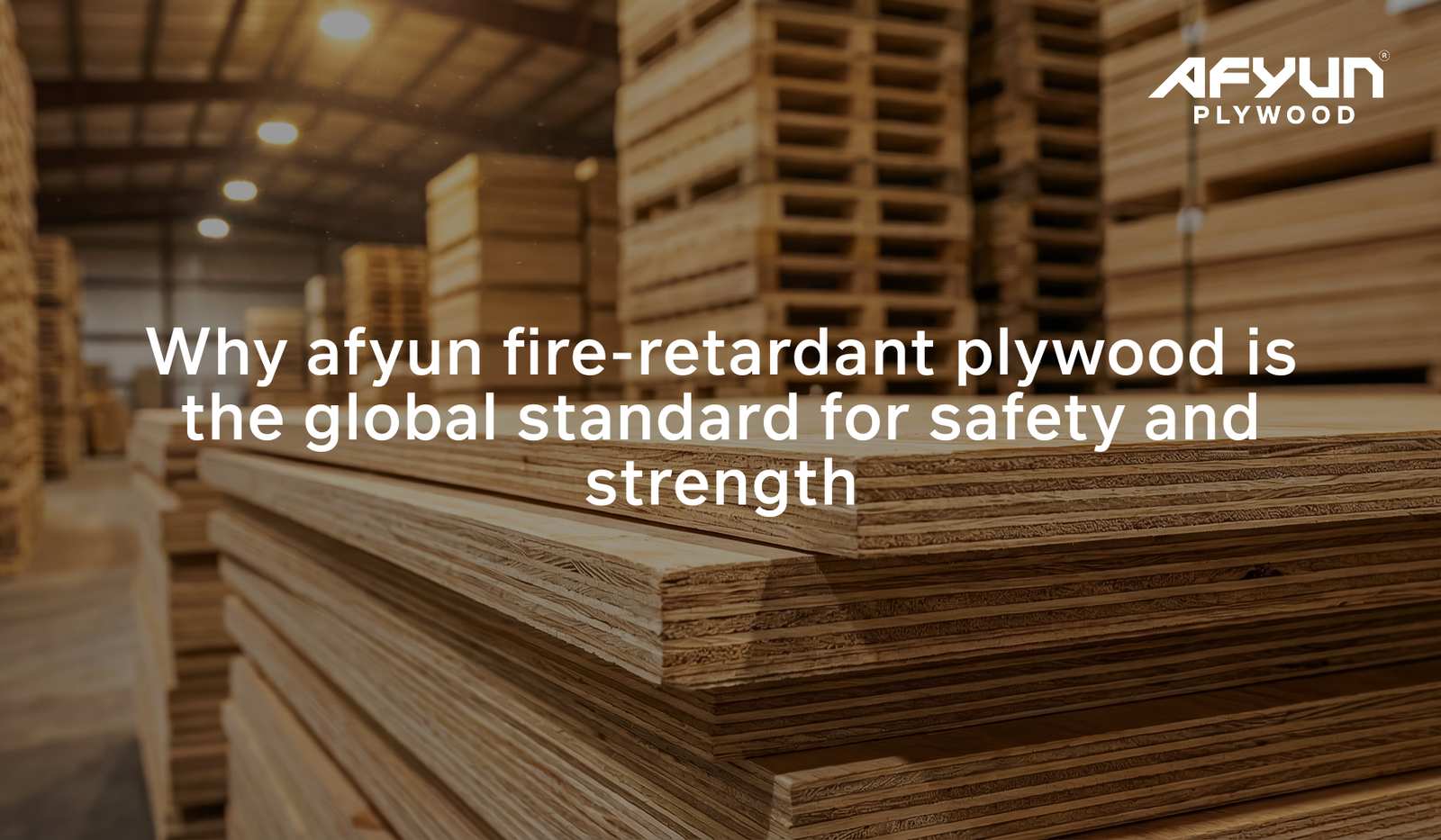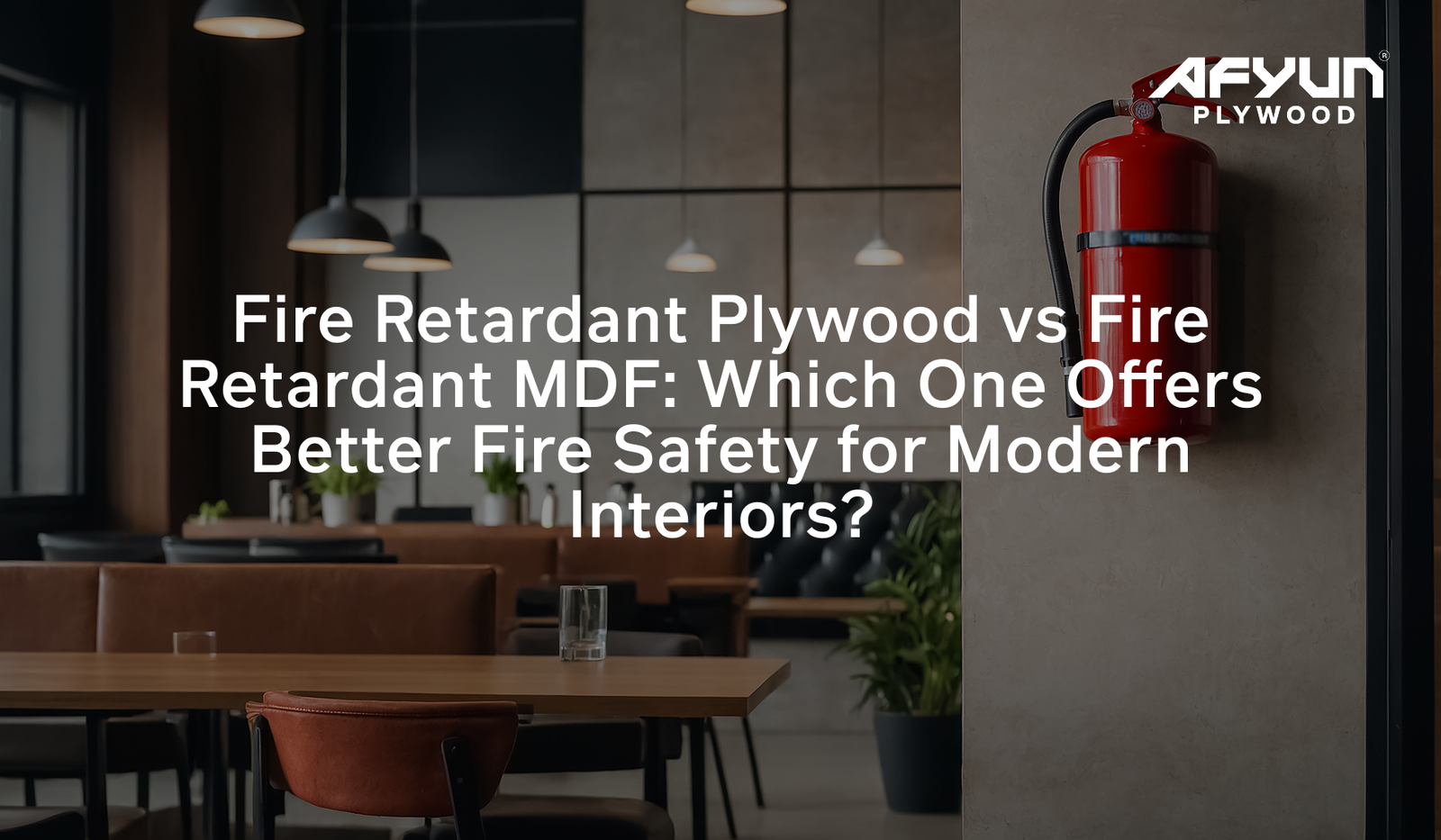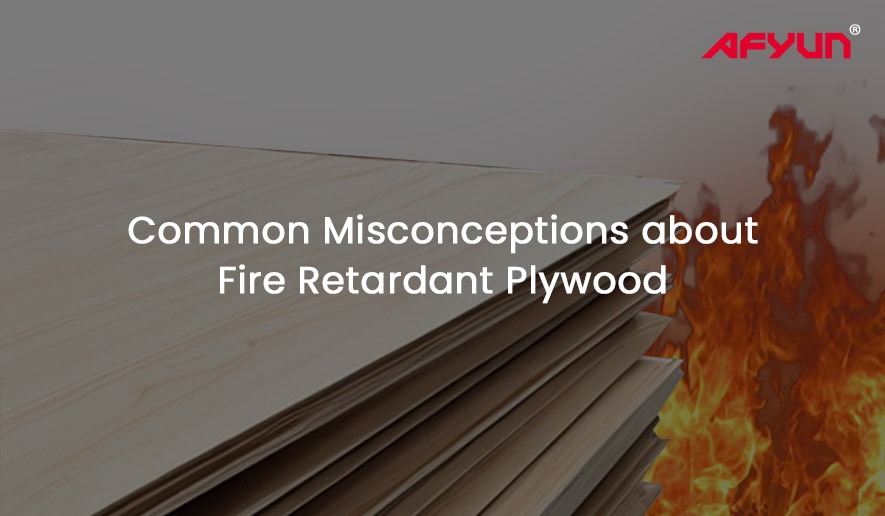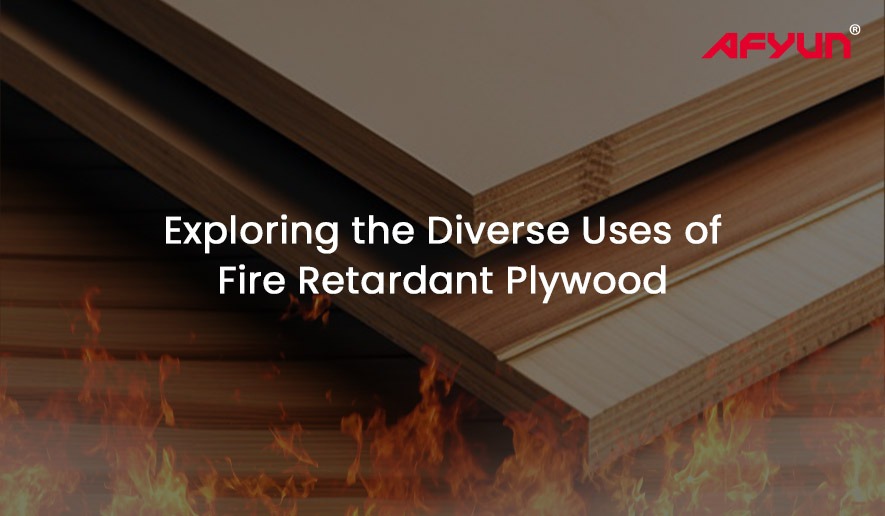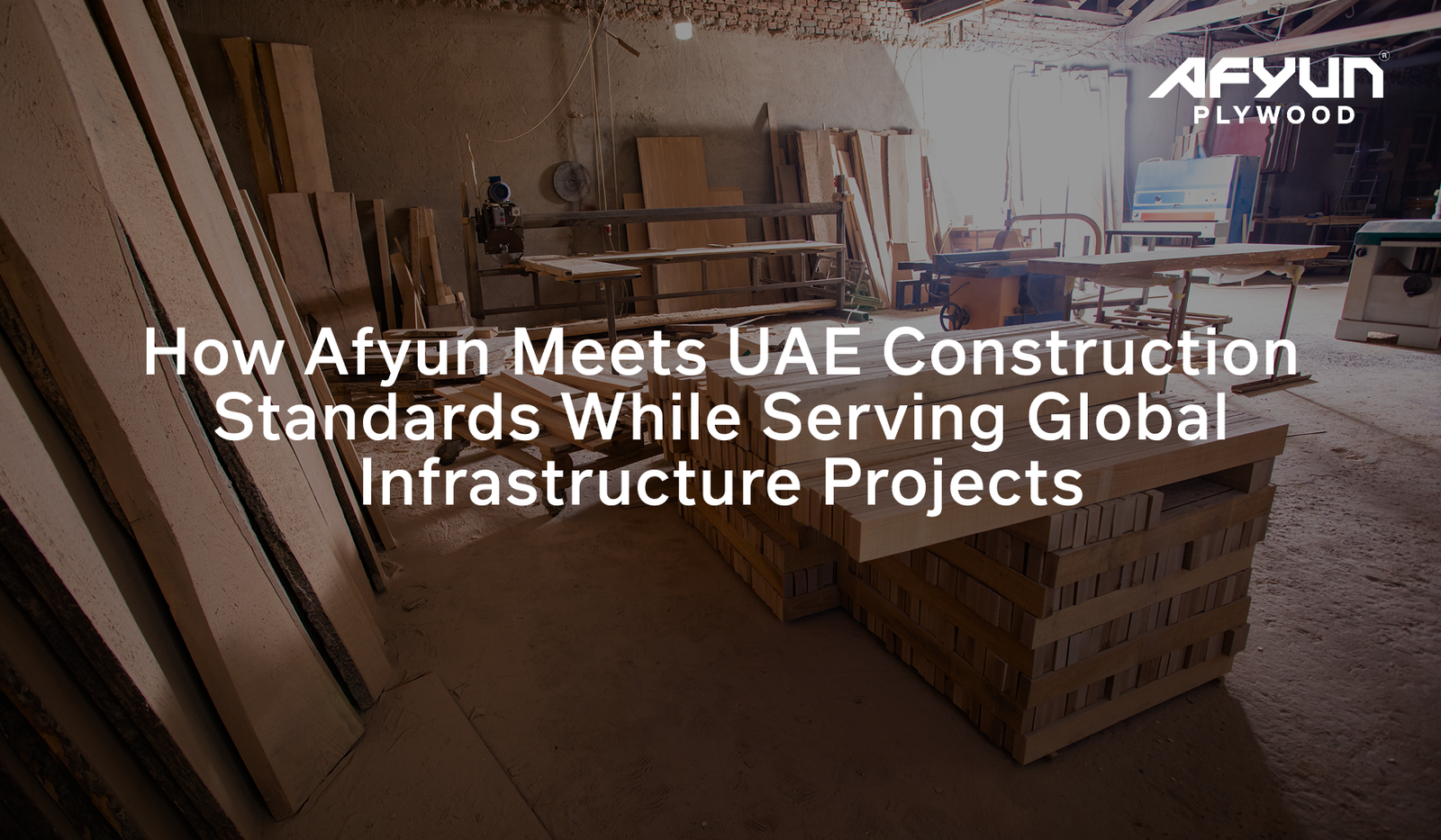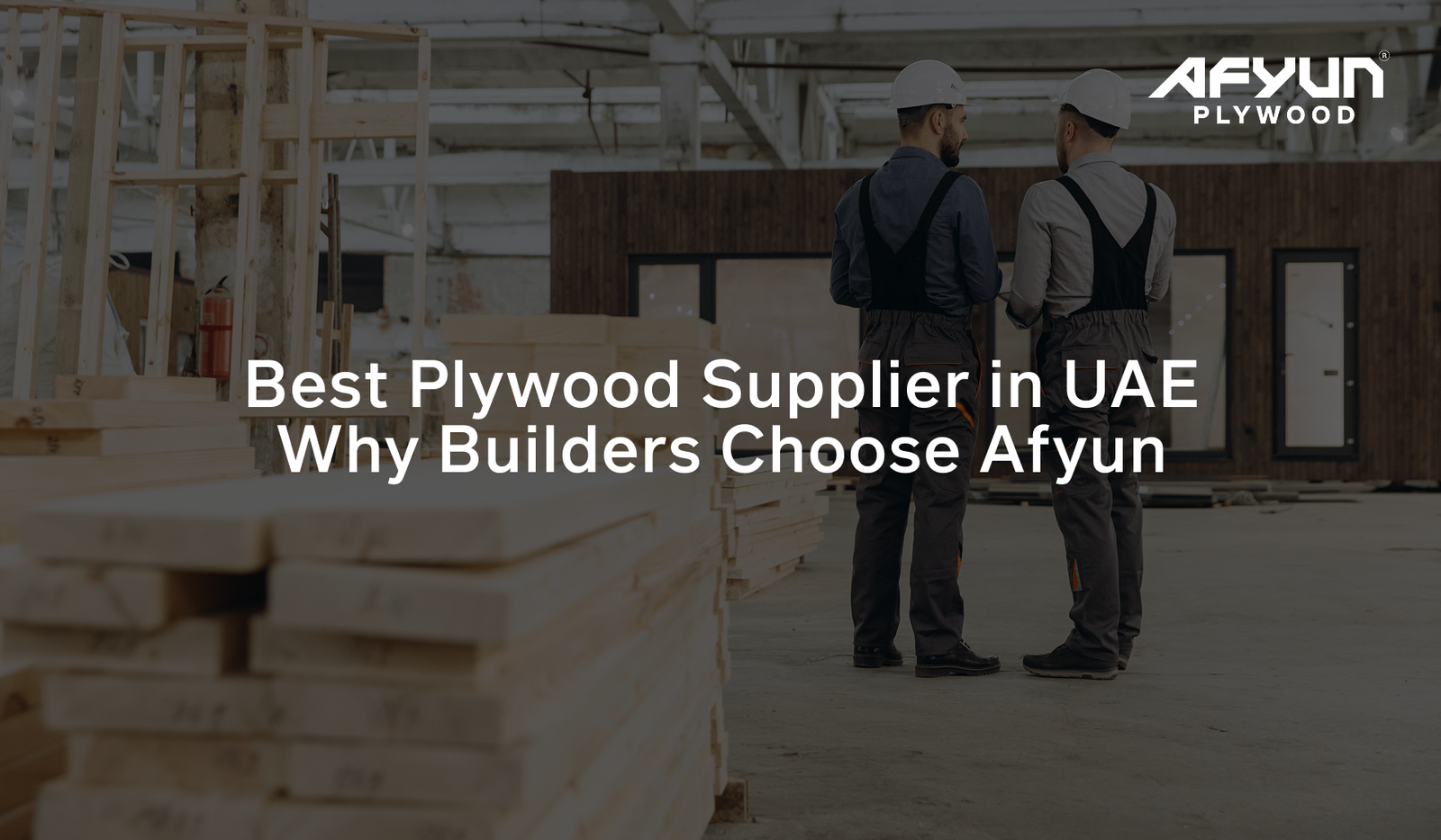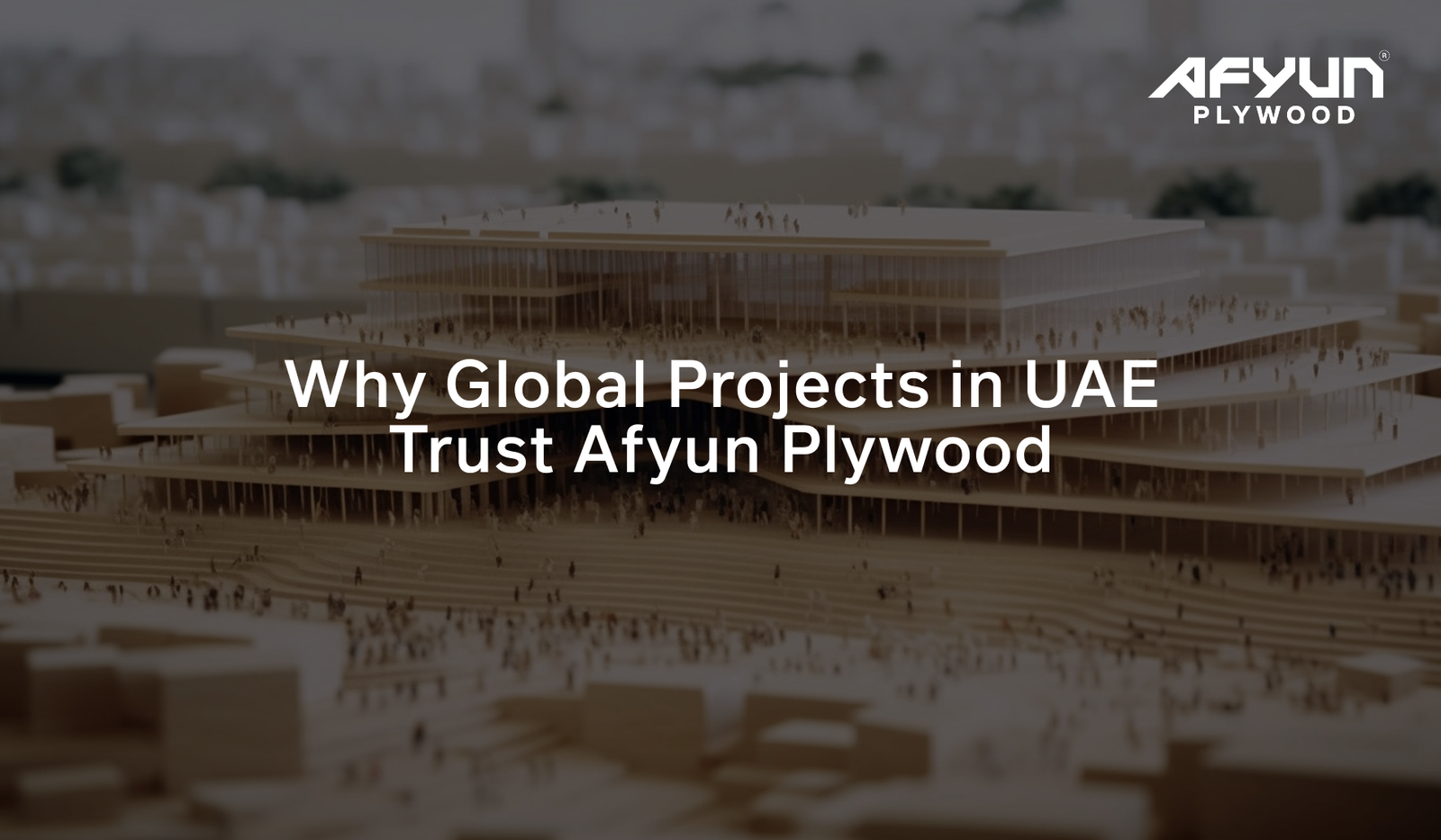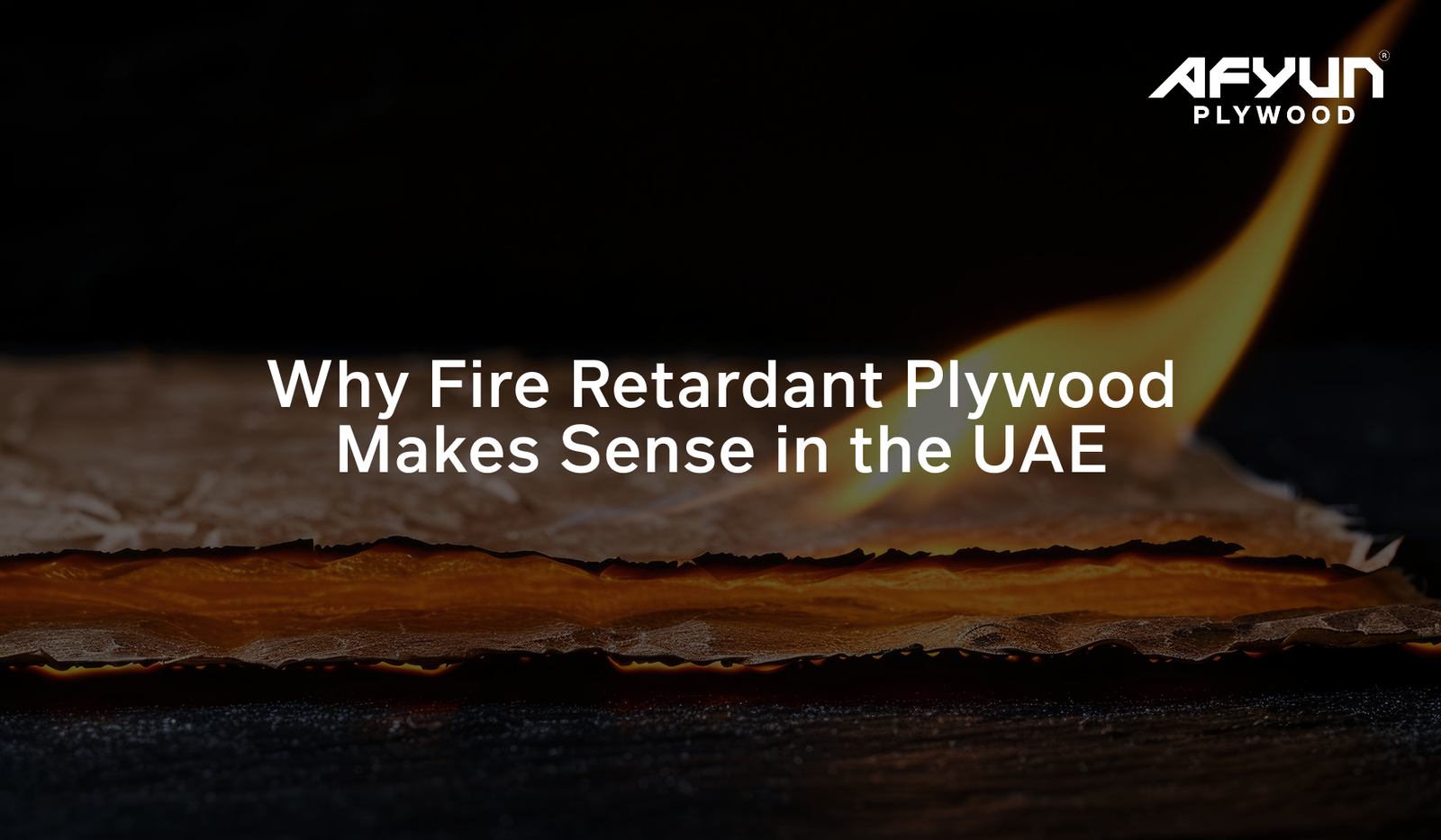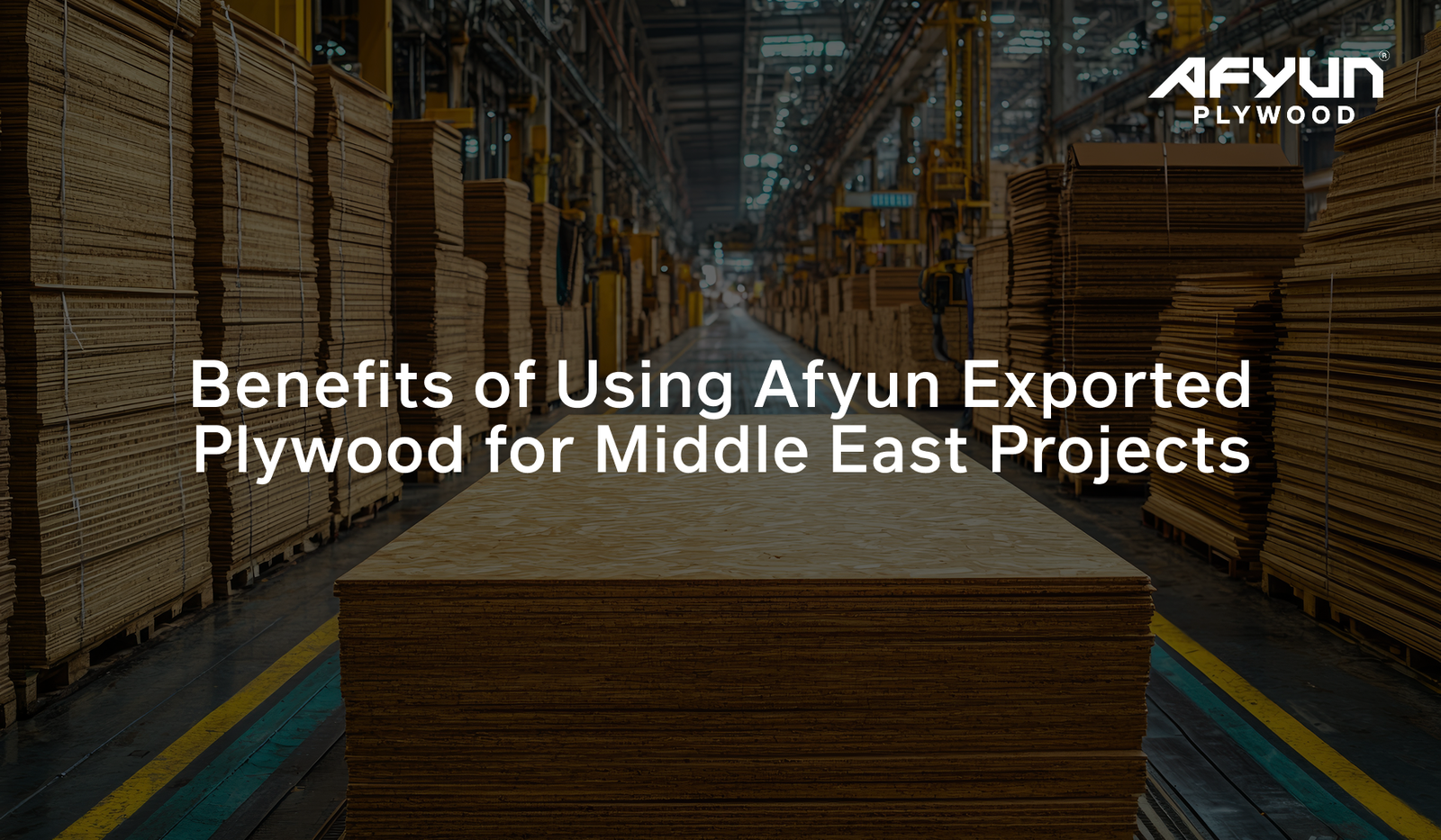In today’s increasingly dense urban environments and complex architectural projects, fire safety in buildings has become essential rather than optional. Plywood continues to be a widely used material for interiors, furniture, and structural applications.
However, standard plywood can contribute to fire risks if not treated properly. Afyun fire retardant plywood has emerged as the industry leader, setting a gold standard that combines elite fire protection with structural excellence.
This blog explores why Afyun is widely considered the best fire-retardant plywood globally, detailing its certifications, innovative technology, and the unmatched safety it brings to your doorstep.
1. The Science of Safety: How Afyun Defeats Fire
Afyun’s fire-retardant plywood isn’t just coated; it is engineered. The wood undergoes a specialized Pressure Impregnation Process where fire-retardant chemicals are forced deep into the wood fibers. This creates a material that performs three critical functions during a fire:
- Delayed Ignition: It takes significantly longer for the plywood to catch fire compared to standard wood.
- Char Formation: Instead of feeding the flames, the surface creates a protective layer of “char.” This carbonaceous layer acts as an insulator, protecting the inner core and maintaining structural integrity.
- Smoke Suppression: Statistics show that most fire-related fatalities are caused by smoke inhalation, not flames. Afyun’s advanced chemical formulation minimizes toxic smoke emission, keeping escape routes visible and breathable.
2. Global Certifications and Standards
What truly sets Afyun apart is its compliance with rigorous international and national standards. When you choose Afyun, you aren’t just taking the manufacturer’s word; you are relying on global benchmarks of safety.
| Standard | Region | Description |
| EN 13501 | Europe | The leading European standard for the fire classification of construction products and building elements. |
| ASTM E-84 | USA | The standard test method for surface burning characteristics of building materials (Smoke & Flame Spread). |
| UL 723 | Global | A globally recognised safety certification for the test of surface burning characteristics of various materials. |
| IS 5509 | India | The primary Indian standard for fire-retardant plywood. Afyun products like Afyun Fireman are fully certified. |
| CARB Certified | USA (Global) | Ensures ultra-low formaldehyde emissions (Phase 2), making it safe for indoor air quality. |
| Civil Defence | Middle East / India | Afyun is the first Indian company to secure this certification, making it a trusted partner for projects in the UAE and KSA. |
| ISO 9001 & 14001 | Global | Reflects world-class quality management and high-level environmental responsibility. |
Alignment with Global Testing Benchmarks
Afyun’s engineering aligns with the most stringent global tests, including:
- ASTM E84 (USA): Measures flame spread and smoke density.
- BS 476 (UK): Tests for fire propagation and surface spread of flame.
- Euroclass B-s1, d0: The European benchmark for “Reaction to Fire,” signifying very limited contribution to fire, low smoke, and no flaming droplets.
3. Beyond Fire: The All-Rounder Plywood
While Fire Retardant is in the name, Afyun doesn’t compromise on the traditional qualities of premium plywood.
- Dual Standard Protection: Many Afyun products, like the Afyun Club Fire, meet both IS 5509 (Fire Retardant) and IS 710 (Marine Grade/Boiling Water Proof). This means your kitchen cabinets are safe from both a stovetop fire and a sink leak.
- Termite and Borer Resistant: Treated with specialized Glue Line Protection (GLP), Afyun plywood is chemically enhanced to repel pests that typically destroy wooden furniture.
- Structural Integrity: Using 100% selected hardwood timber and 4-Press Technology, the panels offer high impact resistance and dimensional stability. They won’t warp or swell under fluctuating temperatures.
4. Where Should You Use Afyun Fire Retardant Plywood?
Given its superior safety profile, Afyun is the preferred choice for:
- High-Traffic Public Spaces: Airports, hospitals, hotels, and shopping malls where fire safety codes are mandatory.
- Home Kitchens: The most fire-prone area of any home.
- Electrical Panels: Behind server racks or circuit breakers to prevent electrical fires from spreading.
- Transportation: Interior paneling for railway coaches, buses, and marine vessels.
5. Frequently Asked Questions
Q1: Is fire-retardant plywood fireproof?
No. No wood is 100% fireproof. However, fire-retardant plywood is “fire-rated,” meaning it resists ignition and slows the spread of fire significantly (often giving you a 20-30 minute window), which is crucial for evacuation and firefighting.
Q2: Does the fire-retardant chemical treatment smell?
Afyun uses advanced, low-emission chemicals. Because it is CARB certified, it ensures that the plywood does not emit harmful gases, maintaining healthy indoor air quality.
Q3: Can I paint or polish Afyun fire-retardant plywood?
Yes. You can apply laminates, veneers, paints, or polishes just like regular plywood. The fire-retardant properties are embedded within the wood fibers and are not affected by surface finishes.
Q4: How do I verify if my plywood is genuine Afyun?
Look for the ISI 5509 stamp, the unique CML number, and the Afyun hologram. You can also scan the QR codes provided on many Afyun boards for digital authentication.
Q5: Is it more expensive than regular plywood?
While the upfront cost is slightly higher due to the intensive chemical treatment and premium timber, it is a one-time investment in life safety. It can also lead to lower insurance premiums for commercial buildings.
A Small Choice with a Massive Impact
Choosing Afyun fire retardant plywood is an investment in peace of mind. By meeting the world’s most demanding safety standards and combining them with marine-grade durability, Afyun ensures that your beautiful interiors are built to last—and built to protect.
